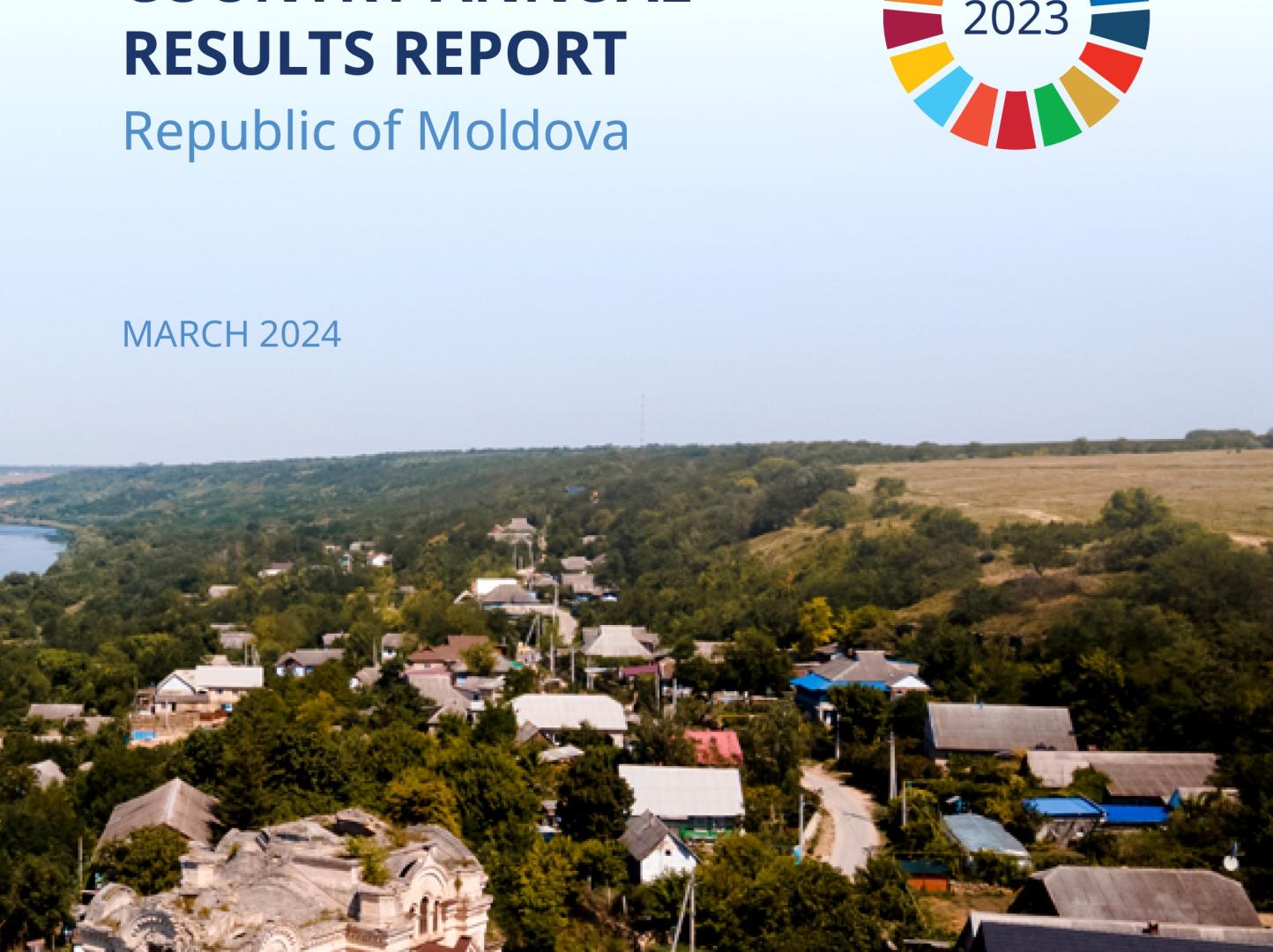UN Moldova Covid-19 Thematic Brief Labour

Shocks reverberate through both supply (disrupted supply chains, containment measures, and lockdown of non-essential economic activities) and demand (lower consumption of goods and services due to declining household incomes, restriction of movements, and uncertainty).
Covid-19 has far-reaching impacts on labour market outcomes. A dramatic and sudden loss of demand and revenue for SMEs and disruptions along supply chains affects their ability to function, and/or causes severe liquidity shortages with impacts on wages and severe drops in capacity utilization.
Significant rise in unemployment and underemployment is inevitable in the wake of the virus. The ILO estimates that impact of Covid-19 may result in a rise in global unemployment up to 24.7 million (“high” scenario). It is difficult to quantify the economic and labour market fallout of the crisis at this point and overarching impact assessments are crucial at an earlier post-crisis stage.
The shock to the labour market is far from uniform when it comes to sectors. In Moldova, accommodation and food services, wholesale and retail trade, transportation and construction (sectors that give employment to nearly 180.000 wage – workers) bear the brunt of the crisis.The strain on incomes as result will devastate workers close to or below the poverty line with high incidence on the working poor.






